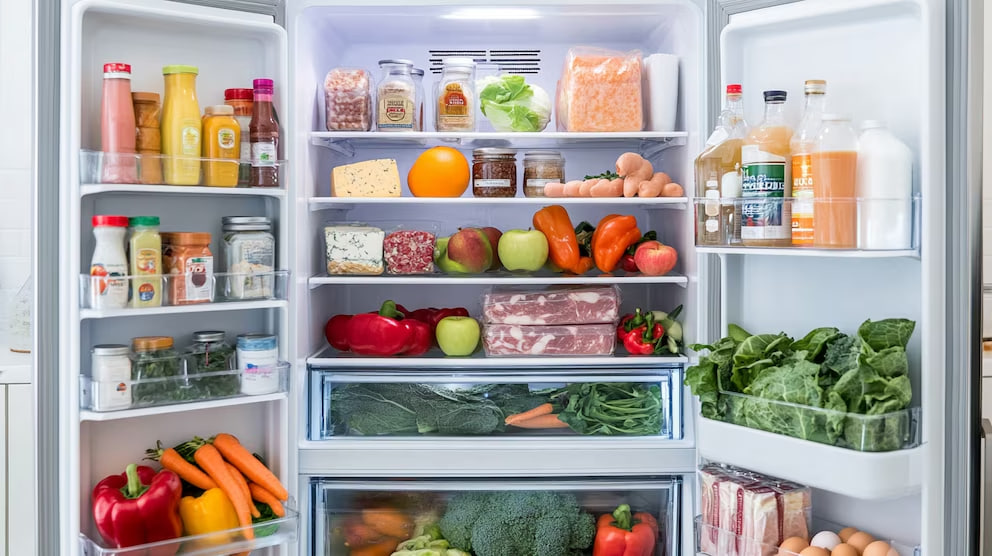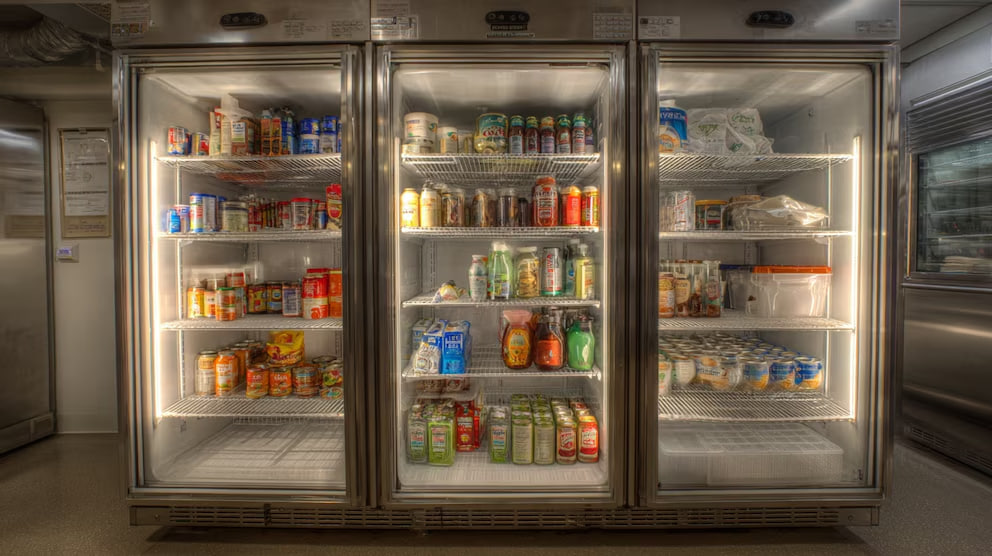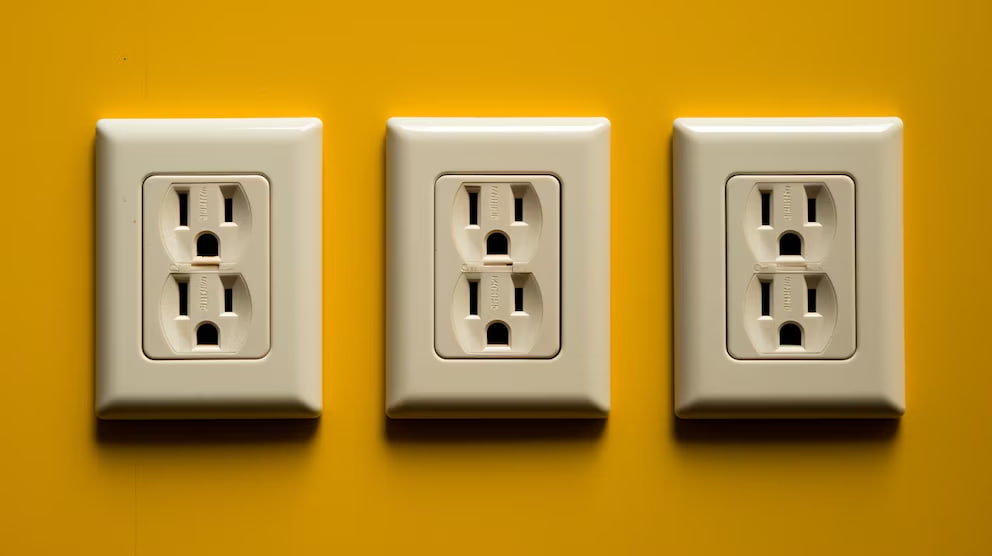The key to saving energy is not always turning things off, but understanding how each appliance works. In today’s homes, where household appliances have become essential allies in everyday life, it is common to look for ways to reduce electricity consumption.
With the rise in energy costs, many people are taking measures such as unplugging appliances when they are not in use. However, not all well-intentioned solutions are effective, and in some cases, they can be counterproductive.
This is the case with the refrigerator, an appliance that, according to experts and analyses backed by artificial intelligence, should never be unplugged, except in extreme circumstances such as maintenance or cleaning.
Although it may seem logical at first glance to turn it off to ‘save energy,’ doing so can have consequences for both long-term electricity consumption and the appliance’s lifespan.

An appliance designed to run non-stop
The refrigerator is one of the few devices designed to operate continuously, 24 hours a day, seven days a week. Its main function is to keep food at safe temperatures, and turning it off interrupts the so-called “cold chain”, which is essential for preventing the proliferation of bacteria and ensuring food safety.
You may be interested in:Words you should never say when you receive a call from a stranger to avoid falling victim to scams

When this chain is broken, even for a few hours, food—especially delicate items such as meat, dairy products, or prepared foods—is at risk of spoiling. Even if the refrigerator is turned back on, the damage may already be irreversible, with potential consequences for consumer health.
Turning it off frequently also damages its components
Beyond the food issue, the technical effects are also worrying. One of the most sensitive components is the compressor, which is responsible for maintaining internal cooling.
Turning on the refrigerator before the internal pressures stabilise can overload this component, reducing its efficiency and even causing premature failure.
It has also been observed that sudden temperature changes can cause condensation inside the appliance. This moisture, when it turns to frost or reaches the electrical components, can cause corrosion, affecting the overall performance of the refrigerator.

The impact on energy efficiency
A common belief is that turning off the refrigerator saves energy. However, modern models are designed to consume the minimum amount of energy necessary, maintaining constant and efficient temperatures.
Each time the system is restarted after being turned off, the motor has to work harder to return to the correct temperature, which can use more energy than was intended to be saved.
For this reason, artificial intelligence and home efficiency specialists agree that, far from being a solution, regularly unplugging the refrigerator can represent a higher expense in the medium and long term.
How can you save electricity without unplugging it?

The key to optimising a refrigerator’s energy use is not to turn it off, but to use it intelligently. Here are some practical recommendations:
- Strategic location: avoid placing it near heat sources such as stoves, ovens or windows with direct exposure to sunlight.
- Good ventilation: leave between 5 and 10 centimetres between the back of the appliance and the wall so that the motor can dissipate heat properly.
- Airtight seal: check that the rubber seals on the doors are in good condition and seal properly.
- Balanced load: a full refrigerator keeps the cold better, but it must have space for air to circulate. If it is empty, add bottles of water.

